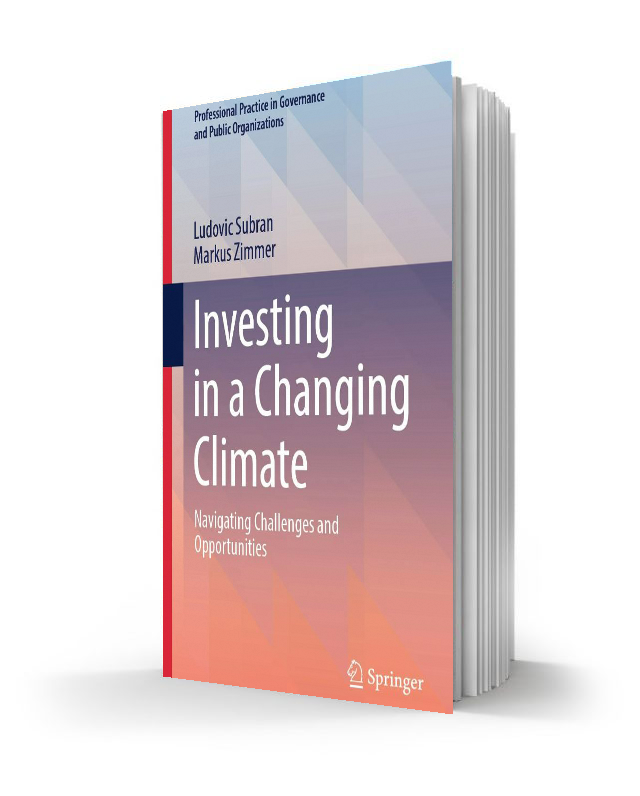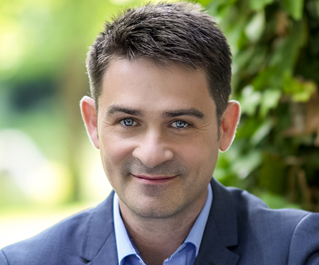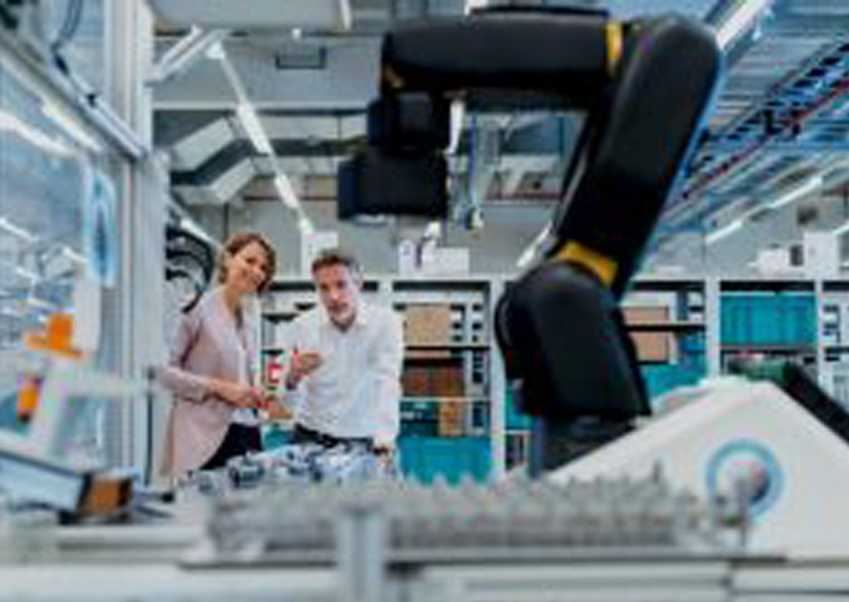Investing in a changing climate
Ludovic Subran: Our research indicates that aiming for net zero emissions by 2050 is insufficient to keep global warming under the 1.5°C target. The reality is we've delayed decisive action for too long. Now, we must not only reach net zero but also move into negative-emissions territory, actively removing CO2 from the atmosphere. Just last week, industry and environmental associations in Germany came out in favor of carbon capture and storage technology for sectors where emissions cannot be avoided.
Markus Zimmer: That's right. The current national commitments and envisioned investments fall short of what's truly needed. We aim to clarify this complex scenario, guiding policymakers and investors on where to focus their efforts for maximum impact.
Ludovic Subran: We're at a point where the impacts of climate change are undeniable, yet global responses remain fragmented. Different political and economic interests have prevented a cohesive strategy. This poses both a challenge and an opportunity for investors, which we discuss in depth.
Allianz: The urgency is becoming acute. James Hanson, the former NASA scientist credited for alerting the world to the dangers of climate change in the 1980s, recently said that the 1.5°C internationally agreed threshold to prevent the Earth from spiraling into a new superheated era would be “passed for all practical purposes” during 2024.
Markus Zimmer: Indeed, we are likely to pass 1.5°C in 2024, but we consider it to be climate change only after a string of several such years exceeds this limit. This is expected to occur sometime in the 2030s, but the risk is accelerating, which makes our work even more timely.
Ludovic Subran: We provide a sector-by-sector analysis, examining six critical areas of the economy: energy, utilities, transportation, industry, buildings and agriculture. For each sector, we assess the current state of decarbonization and identify the most promising areas and technologies for investment.
Markus Zimmer: And it's not just about identifying the right technologies; it's also about understanding their stage of development and real-world applicability. The necessary solutions are all available today, but some still need to get cheaper. In most cases that is simply a matter of scaling up the production which results in cost savings from larger quantities and innovation through learning-by-doing. Our goal is to offer a clear-eyed view of the decarbonization path and its investment opportunities.
Watts next
Allianz: Yes, that is one of the distinguishing elements of your work. One of the others is the structure and how you trail energy through the six sectors of the economy. Energy production and consumption are so central to discussions on climate change.
Ludovic Subran: The energy sector is pivotal in the climate change narrative. We begin by tracing the journey of energy from its production to consumption. We dissect how each step in this trail contributes to greenhouse gas emissions and what can be done to mitigate this.
Markus Zimmer: It's more than just pointing out the problems. We dive into the potential solutions – renewable energy sources, advancements in energy efficiency, and innovative technologies like carbon capture and storage.
Ludovic Subran: For instance, we look at the shift from fossil fuels to renewables. It's not just about advocating for more solar panels and wind turbines; it's also about understanding the challenges and opportunities in scaling up these technologies, the investment required and the potential return on these investments.
Markus Zimmer: Exactly. We also delve into less talked about areas like the role of energy efficiency in industries and buildings. This includes exploring new materials and construction techniques that significantly reduce energy consumption.
Ludovic Subran: We acknowledge that this transition isn't straightforward. There are technological, economic, and political hurdles. We lay out these complexities straightforwardly, offering insights into how they can be navigated, particularly by investors and policymakers.
Markus Zimmer: And crucially, we discuss the timeline of these transitions. It's not just about the end goal but understanding the milestones along the way – what's achievable in the short versus the long term, and how each step moves us closer to a sustainable energy future.
Markus Zimmer: We take a global view but also dive into regional specifics. Different regions have different energy needs, resources, and challenges. Understanding this is key to effective investment and policy-making.
Ludovic Subran: For example, the path for energy transition in Europe differs from that in Africa or Asia. We discuss these regional nuances, highlighting opportunities tailored to each area's unique energy landscape.
Africa unbound
Markus Zimmer: Africa is at a unique crossroads. It's one of the continents most affected by climate change, it’s likely to see a rise in greenhouse gas emissions, yet it holds immense potential for aiding the global energy transition and economic growth. Understanding Africa's role and potential is crucial for global climate strategies.
Ludovic Subran: The chapter on Africa provides insight into how the continent can be a key player in solving not just its own energy and economic challenges but also those of the West and the broader world. It is a clear win-win when we find a way to truly cooperate on this.
Ludovic Subran: We hope readers, whether they are investors, professionals, or policymakers, find a clear path through the complex landscape of climate change mitigation and adaptation strategies. The book is designed to be a concise guide to understanding where we stand in the battle against global warming and where the most effective interventions lie.
Markus Zimmer: Yes, and beyond understanding, we aim to inspire action. We make clear that there is nothing we need to wait for. The challenge is immense, but so are the opportunities for those ready to invest in a sustainable, carbon-negative future.
Allianz: It sounds like you provide a comprehensive and practical roadmap for those looking to invest in the energy sector while combating climate change. Thank you, Ludovic and Markus, for sharing these insights.
Ludovic Subran & Markus Zimmer: Thank you for having us. We hope our book aids in the crucial decisions ahead in the energy sector and beyond.
Investing in a
Changing Climate
Markus Zimmer

About the authors


Related links
About Allianz
** As of March 31, 2024.



